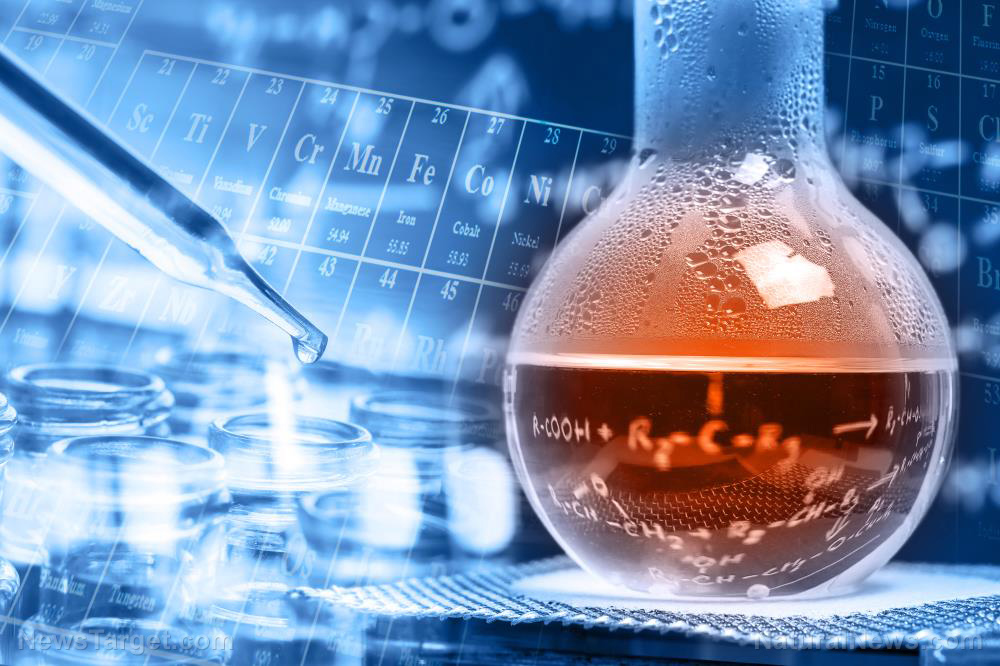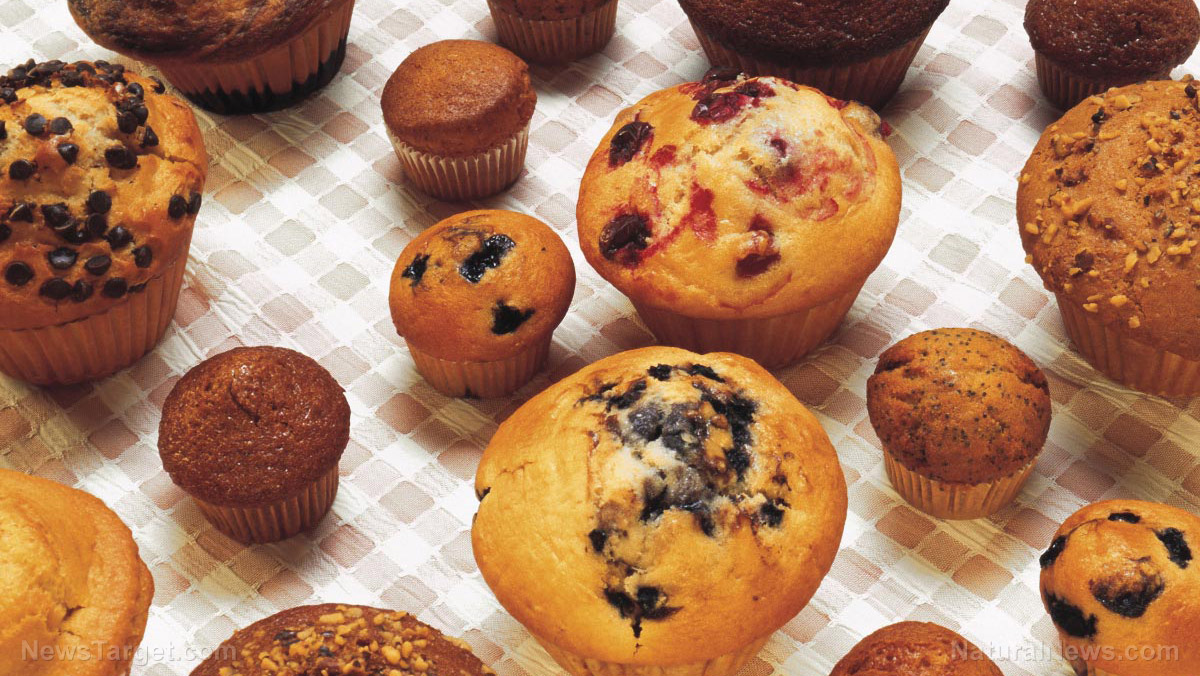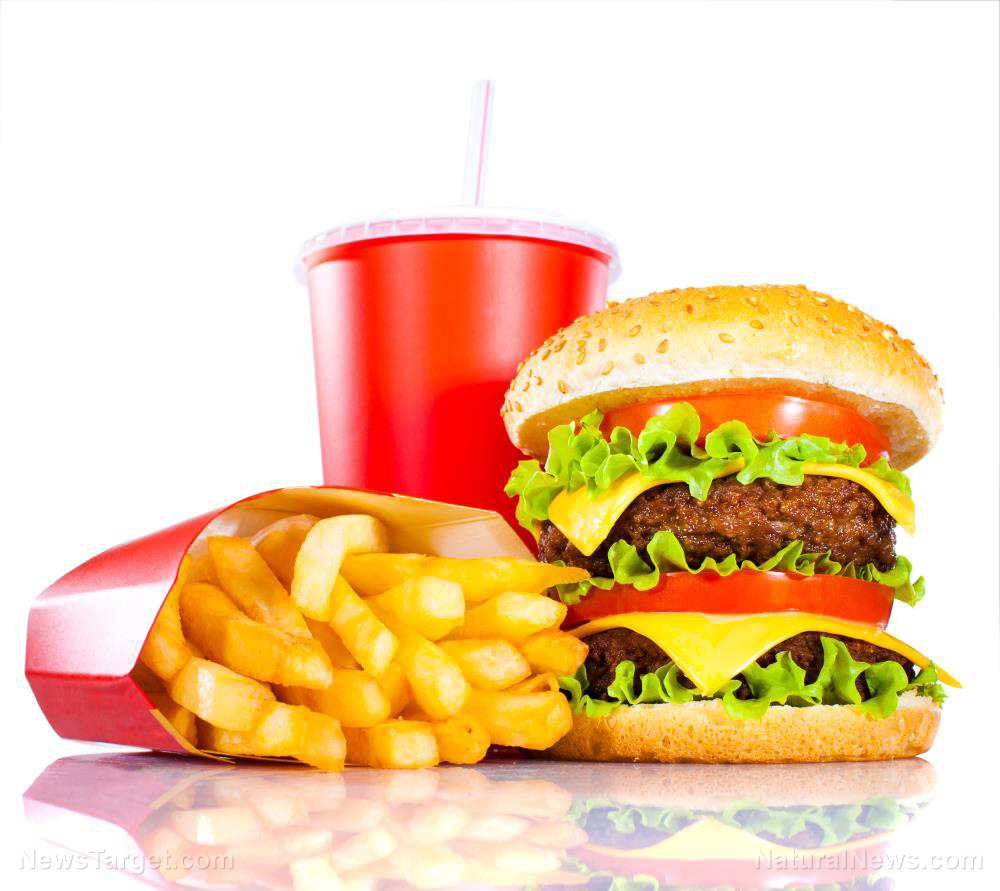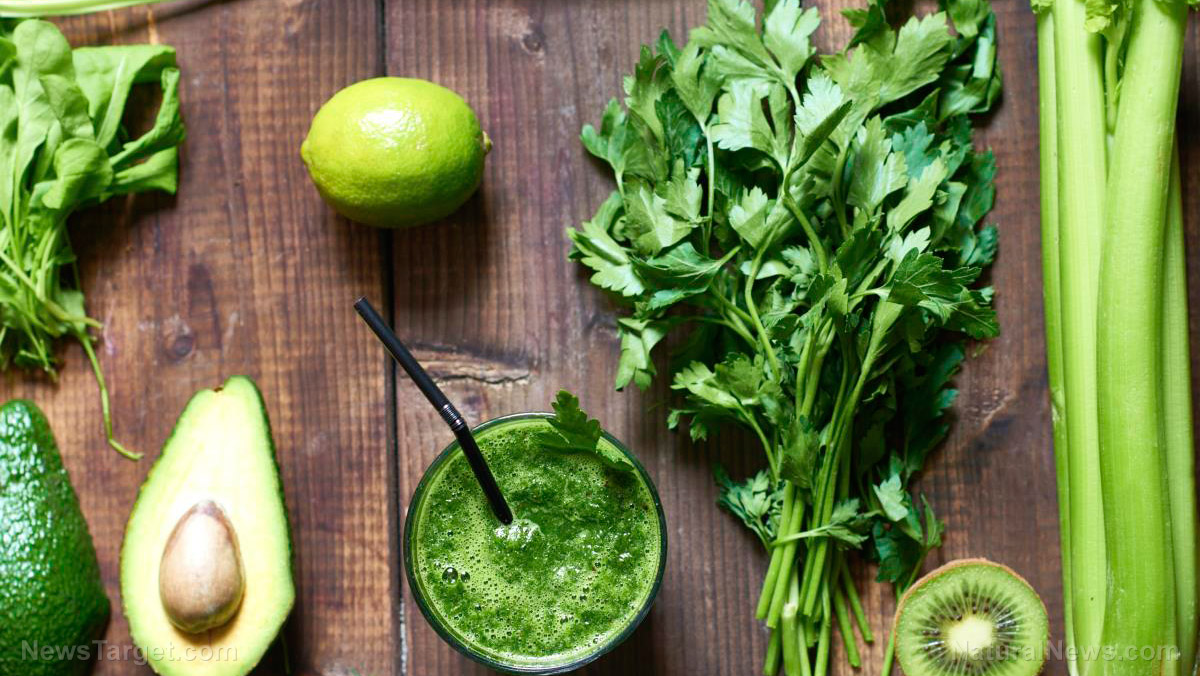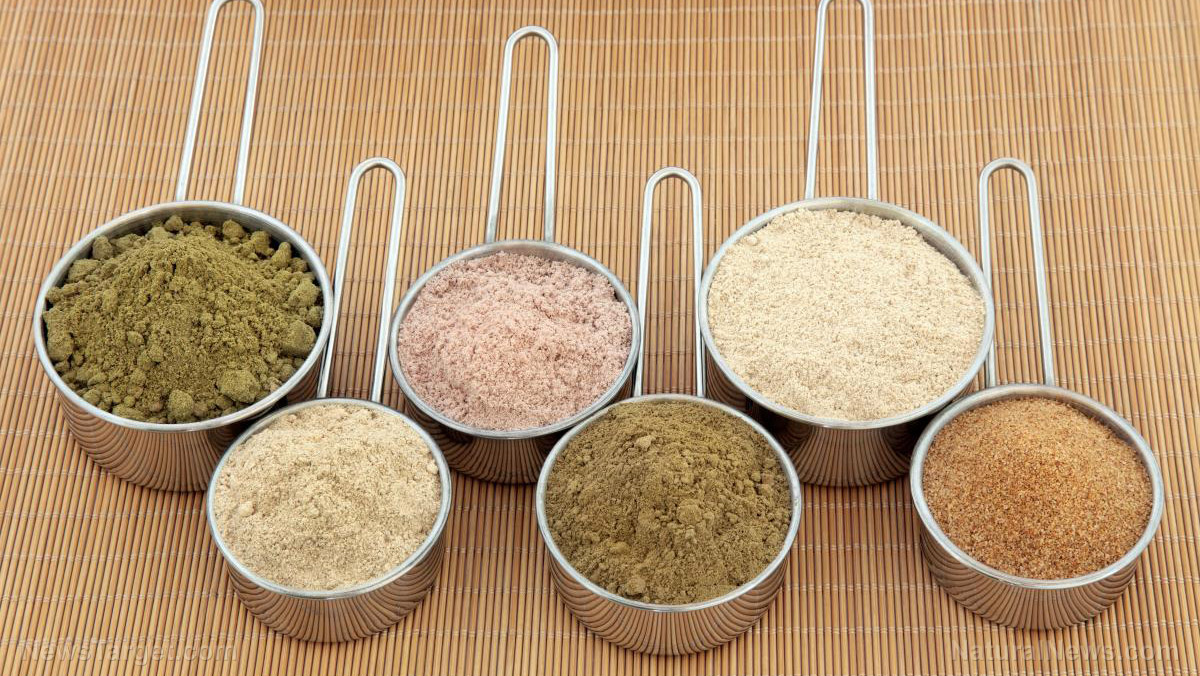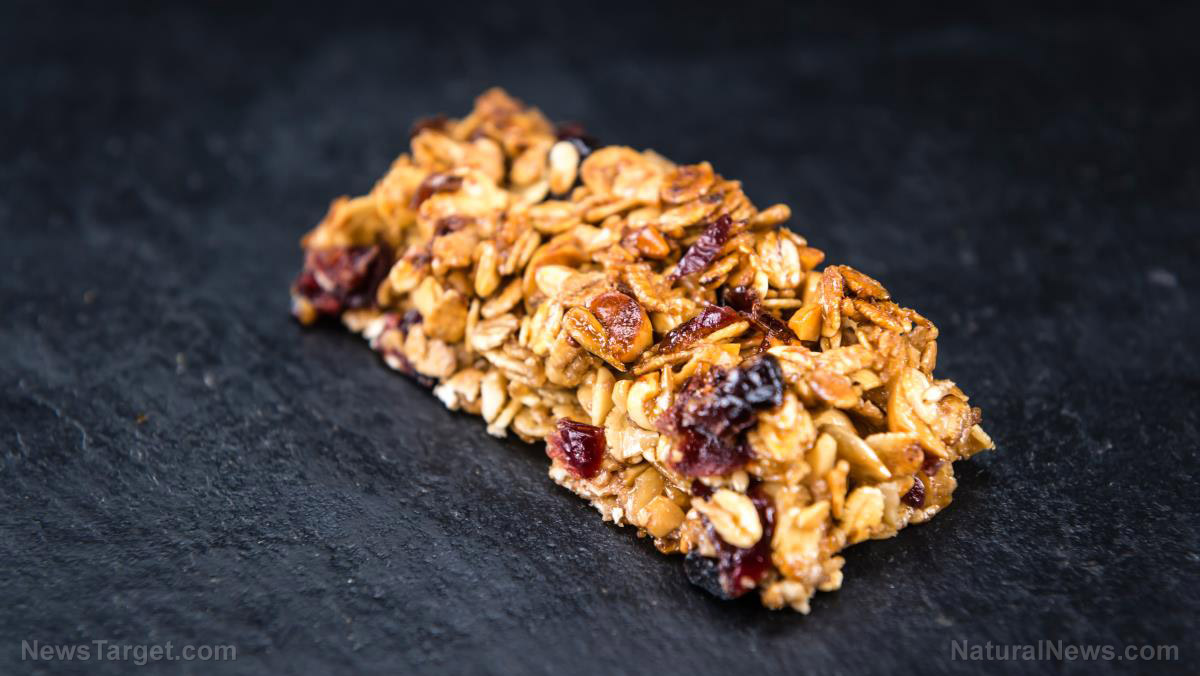Keep calm and say no to coffee: Manage your anxiety by limiting your caffeine intake
10/25/2019 / By Edsel Cook

Cutting back on coffee intake may help a person deal with anxiety issues. Health experts say that reducing the amount of caffeine consumed each day lowers the stress caused by the chemical substance.
Coffee is not for everyone. Some people experience signs of anxiety, such as stomachaches and sweaty palms.
Holistic practitioner Dr. Ellen Vora of MindBodyGreen Collective (MBG) explained that caffeine is a drug that triggers anxiety. The chemical forces the body into a false state of wakefulness and energy.
Vora went on to elaborate that people get proper energy from a good rest, mitochondria that work properly, and a healthy diet. She added that the “energy” from caffeine is a fake type.
“Caffeine simulates wakefulness by creating a stress response,” Vora said. “It makes your body release cortisol or adrenaline, which wakes you up but also essentially puts your body into fight-or-flight mode, like you’re running from a tiger.” (Related: Feeling uninspired? Boost your creativity with these 9 activities.)
Caffeine may be causing anxiety, sleep problems, and low energy levels
While caffeine doesn’t work for everyone, many people appear to benefit from it. These fortunate ones display few or no side effects.
Throughout history, cultures around the world possessed at least one form of caffeinated drink. Vora noted that caffeine achieves a net positive effect on some communities.
MBG researcher Will Cole said that the effectiveness of caffeine on a person depends on the genetics of a consumer. He cited the CYP1A2 gene – every human being possesses two of these at birth, with the mother providing one and the father giving the other one.
This gene regulates the enzyme that shares the same name. In turn, the CYP1A2 protein controls the ability of a person to break down caffeine.
The CYP1A2 gene comes in two variants – fast and slow – with different efficiency levels. If both of a person’s genes are the fast one, he metabolizes caffeine very quickly and enjoys a high tolerance for it.
On the other hand, a person who got two slow CYP1A2 genes takes more time to break down caffeine. The chemical lingers in the body, which has less tolerance for it.
“You receive one copy from your mom and one copy from your dad, and if you have two copies of the slow variant—and in some cases, one slow and one fast—you are more likely to feel the effects of caffeine including anxiety and jitters,” Cole said.
How to wean yourself off caffeine
People who suspect that their anxiety stems from caffeine consumption may put it to the test by reducing the amount of coffee, tea, and any other caffeinated drink that they consume.
Vora warned against going cold turkey when it comes to caffeine. Abruptly dropping coffee will trigger aches, exhaustion, and a general feeling of weakness in people accustomed to drinking several cups a day.
Calling the chemical a real drug with associated withdrawal symptoms, she recommended a gradual reduction of caffeine intake over at least several weeks.
A person may start the weaning process by switching to “half-caf” coffee that keeps the flavor but reduces the caffeine content. From there, the drinker may transition to black tea, a popular alternative for coffee.
Once he gets used to black tea, he may exchange it for green tea, which has plenty of health benefits. Finally, he may start decreasing the amount of tea until he cuts off caffeine completely.
Vora weaned herself off caffeine in recent years. She said she enjoyed better sleep and higher energy levels. She also grew less jittery, became less prone to sweating from anxiety, and experienced fewer troubles with her bladder.
Coffee has amazing benefits when consumed in moderate amounts. Learn more about this tidbit and other energy-boosting foods that can replace coffee at Food.news.
Sources include:
Tagged Under: Anxiety, black tea, caffeine, caffeine withdrawals, coffee, coffee alternatives, decaf, functional food, Green tea, grocery, how-to, mental health, mind body science, prevention, reducing anxiety
RECENT NEWS & ARTICLES
COPYRIGHT © 2017 INGREDIENTS NEWS


